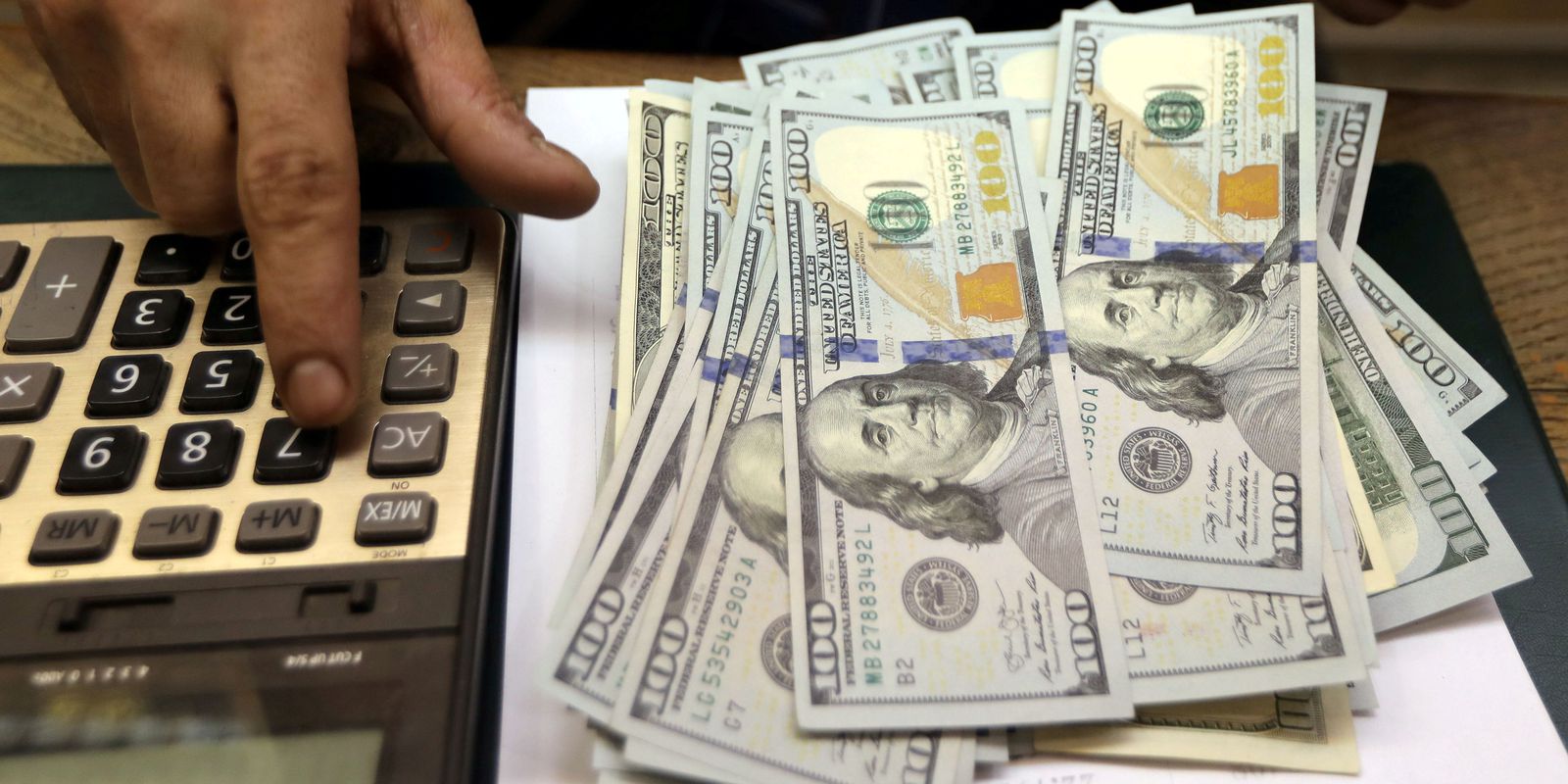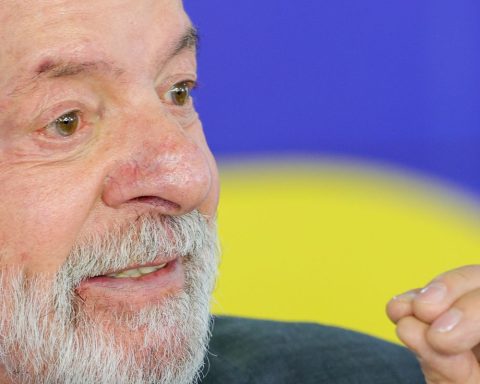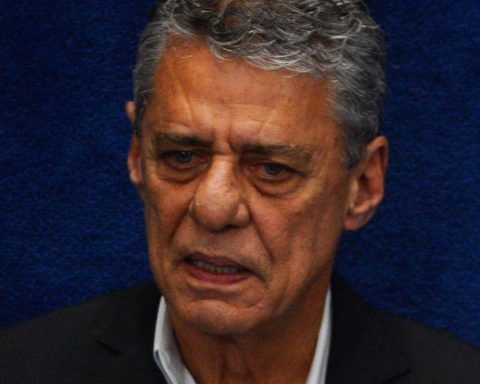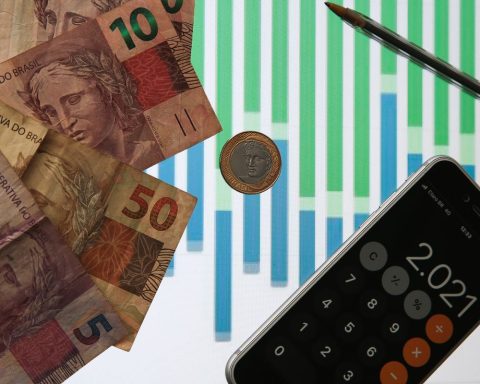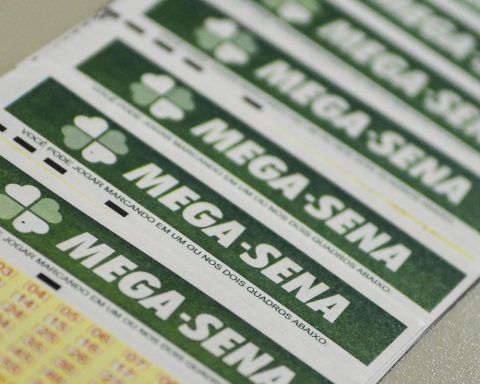Influenced by the external scenario, the financial market had a relatively stable day. The dollar alternated highs and lows, but closed close to the quotation of Friday (20). The stock market had a small fall, despite the rise in oil.
The commercial dollar ended this Monday (23) sold at R$ 5.20, with a decrease of 0.15%. The quotation reached R$5.22 at around 11:30 am, dropped to R$5.16 at around 1:00 pm, but accelerated during the afternoon, until closing stable. With today’s performance, the US currency accumulates a drop of 1.52% in 2023.
In the stock market, the day was also marked by volatility. The B3 Ibovespa index closed at 111,737 points, down 0.27%. The indicator rose 0.86% at around 10:45 am, driven mainly by shares of oil and mining companies, which took advantage of the rise in commodities (primary goods with international quotation). However, the movement reversed in the afternoon, pressured by bank papers.
This Monday, the dollar closed with a small drop against the main emerging currencies, while it rose against the currencies of advanced economies, such as the euro and the Japanese yen. The international market is waiting for the Federal Reserve meeting (Fed, US Central Bank) on January 31st and February 1st. Investors are divided between an increase of 0.25 percentage point and 0.5 point in basic interest rates in the largest economy on the planet.
In Brazil, the financial market acted on the basis of President Luiz Inácio Lula da Silva’s visit to Argentina, amidst noise about the creation of a single currency. Yesterday (22), the newspaper Financial Times had reported that the Argentine government was studying the creation of a single currency in both countries.
Today, the Brazilian government denied the idea and reported that what is under discussion is the creation of a working group to analyze the viability of a common digital currency, which would only serve for commercial transactions. In mid-afternoon, Lula informed that the proposal will take several years to be discussed, which contributed to nullify the rise in the US currency.
*With information from Reuters
